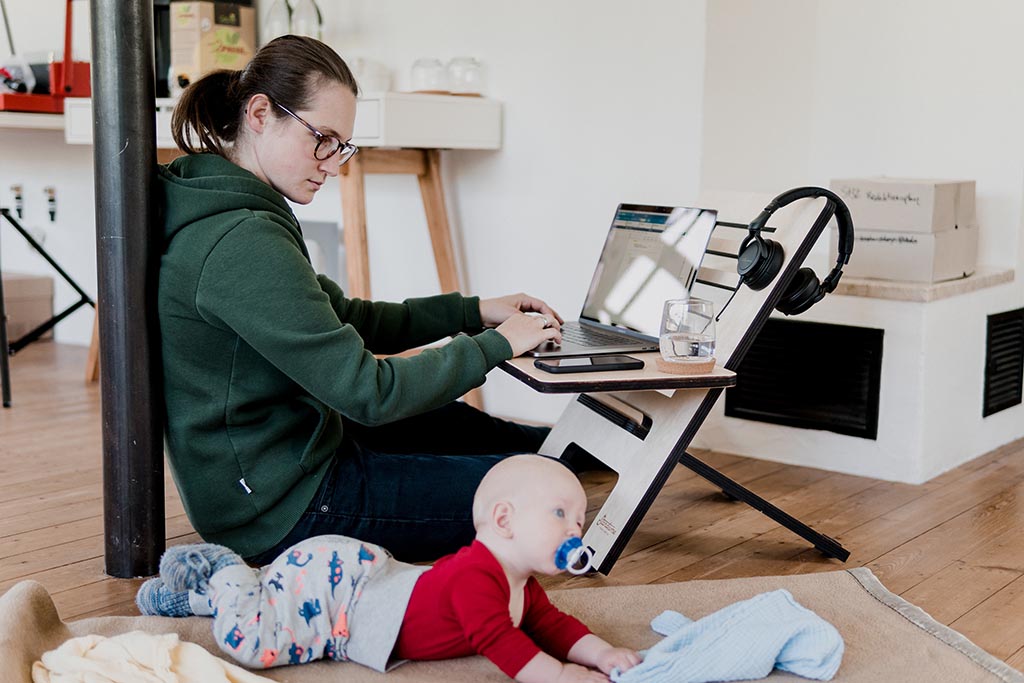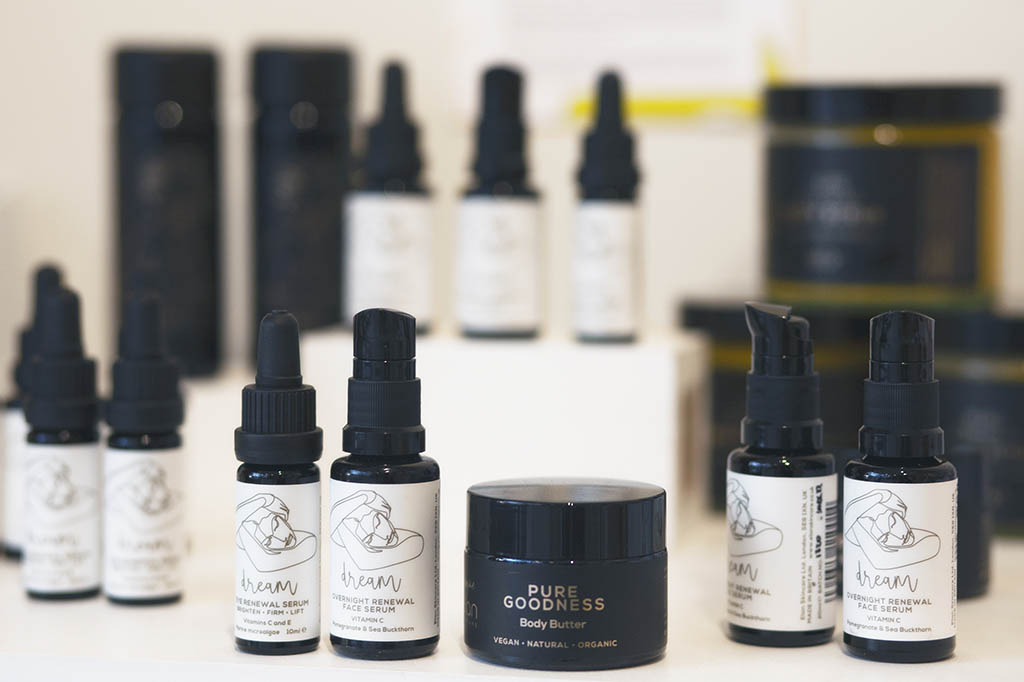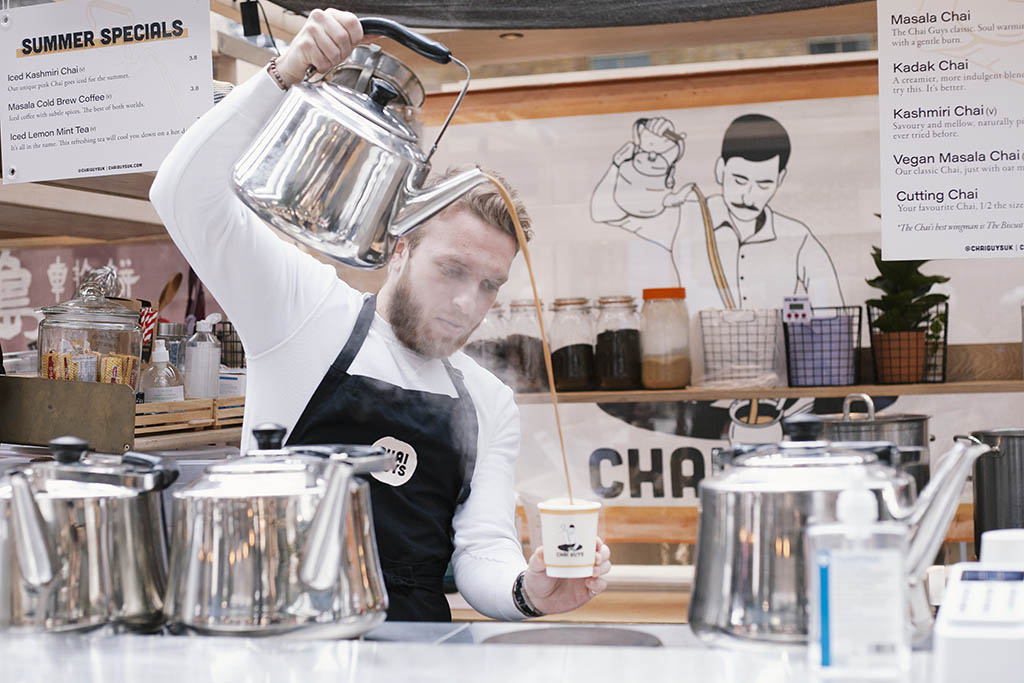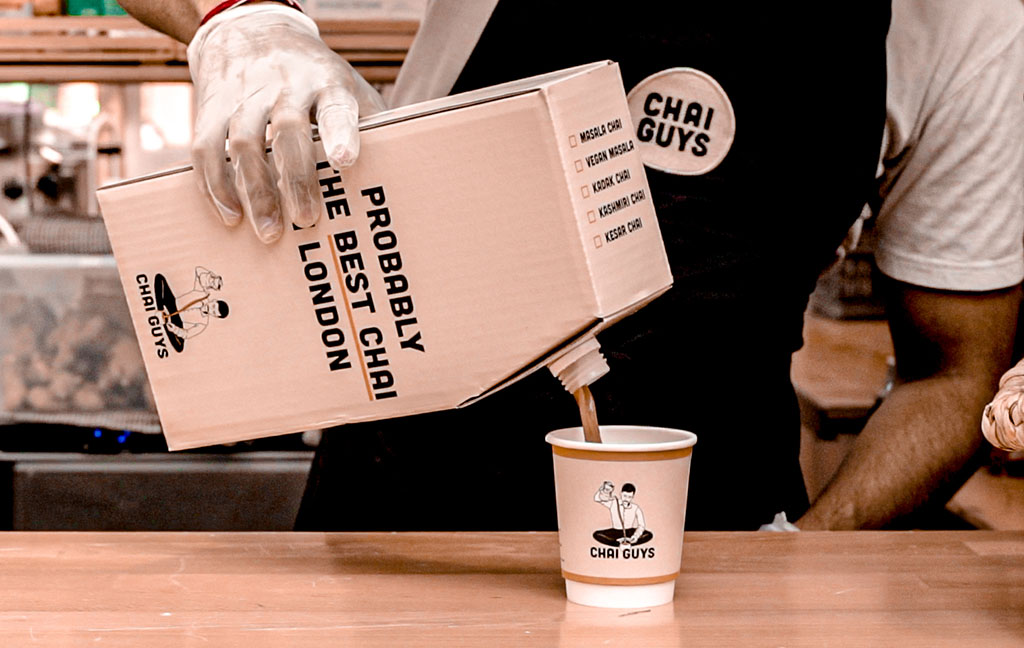Six small business trends to act on in 2021

Posted: Wed 23rd Dec 2020
From the recalibration of remote working to the power of pivoting, 2020 - the year when everything changed - has sparked a series of trends that'll have long-lasting effects on the small business landscape.
Discover what six of the most important shifts are, why they matter, and how you can act on them…
6. Searches for 'support small business' doubled in 2020
Google's Year in Search revealed that, over the course of 2020, worldwide searches for 'support small business' doubled compared to 2019. Searches actually increased tenfold in March, at the start of lockdown, and they've remained above 2019 levels ever since.
The same search term jumped 350% on Pinterest between late February and early March, which clearly shows locked-down consumers' intention to support independent businesses - something that will undoubtedly continue into 2021 as more of us shop local (a shift that actually started prior to 2020, and which the pandemic has accelerated at breakneck speed).

5. Remote work, recalibrated
2020 has effectively been the biggest ever work-from-home experiment, and lots of us - employers and employees alike - are now sold on its benefits.
Indeed, Leesman's recent home working report found that people feel more productive at home (across all ages), the average business will need far less space in the future, and employers will need to explain why they want workers back in the office (if they actually do, that is).
Aside from adapting to this new, here-to-stay working model (by championing flexible working, say, or investing in tech tools), small businesses may want to re-think how this shift will help them plug any skills gaps.
People don't just want greater flexibility in terms of how and where they work, but whom they work for and when - and this potentially means access to talent that would, just 12 months ago, have been beyond many small firms' budgets.
Jess Heagren, our Female Start-up of the Year winner, knows this. Her company, That Works for Me, matches businesses with skilled professionals who, because of other commitments, only want to work two or three days a week.
"When you describe the issues - that there are so many people good at what they do who can't find work, and so many small businesses that need help with their social media or Google Analytics, or whatever - the model really lands," Jess told us.

4. Rising interest in gut health and plant-based ingredients
When we spoke to Oatsu founder Lauren O'Donnell (watch out for our interview with her publishing in January), she told us of two trends that food and beverage buyers "name over and over again": gut health and plant-based ingredients.
She wanted to see which had more traction with her own followers, so she ran an Instagram poll on which of the two people found more interesting. Almost three quarters (71%) said gut health.
This interest was a theme at Food Matters 2020 in October, where there was much discussion of consumers boosting their knowledge of gut-friendly foods.
With the global probiotics market expected to grow by over 7% per year until 2026, there's a real opportunity for agile, forward-thinking food businesses to create products that help people achieve good gut health.
Plant-based diets were also widely discussed at the food industry event, with speakers predicting a future of mainstream veganism with plant-centric product innovation at its core. One example that validates this prediction is Superfoodio, whose plant-based snacks were almost immediately stocked by Selfridges, Planet Organic and Ocado after launching.

3. Simplified, strengthened small business advice
In its new State of Small Business Britain 2020 report, the ERC (Enterprise Research Centre) said "it is vital now more than ever SMEs get the advice they need". The right advice, it added, "can help firms to improve their productivity".
It also highlighted, however, a big problem: that the business support network in England is "overly complex", and that more needs to be done to ensure underrepresented groups in particular have access to the advice they need.
We agree with the ERC's call to simplify and strengthen the support growing companies receive - which is why, at the beginning of December, we updated our platform to make it easier for our small business members to connect with our ever-growing community of trusted advisers. All our members need to do is choose their area of support, match with an adviser, and schedule a free discovery call.
We've also redesigned Enterprise Nation profiles so that, if you're a small business, you can easily display the areas in which you need help. Advisers can do exactly the same thing for the services they offer.
One further addition is Groups, namely the small business advisers group. Here, business advisers from every corner of the UK, and from every conceivable background, come together to share knowledge, build new connections and determine how best to use their expertise.

2. Natural products becoming more effective and desirable
In the beauty industry, 'natural' has sometimes meant 'not as effective'. The label has also had to contend with a slight image problem (hemp, an example we cite for reasons that will become clear, is a fantastically sustainable material that's used in 25,000 products around the world - but 'marijuana's cousin' is still trying to shake off its association with cannabis and hippy subcultures).
Beauty entrepreneur Rebecca Saunders - who essentially creates the most innovative small beauty brands in her role as Seekology founder - told us earlier this month that entire demographics now expect natural products to work just as effectively as non-natural products. They also want these products to look and feel more premium.
She pointed to the example of Elan, a brand developed by Joanna Silva - whose background lies not in beauty, but in infection prevention and wound care. She effectively created a range of predominantly natural products with, as Rebecca put it, "her scientist's hat on".
"A big thing with Elan is that its packaging is very premium," Rebecca explained. "It doesn't feel like it's made of hemp. It's affordable luxury - it's made of glass and it's very nicely designed. It would make a great gift. We're undoubtedly going to see a rise in these premium natural brands."

1. Adaptability is now key to small business sustainability
So many small businesses have had to adapt in 2020, and despite the challenges and uncertainty, many have made a real success of it.
Looking again at the ERC's State of Small Business Britain 2020 report, a fifth of SMEs said "they had something positive to take away from their experience of 2020", with one saying: "With lockdown we had to adapt and go into a couple of markets that we didn't usually. Since then things have changed. It gave us an opportunity."
The ERC added that "many SMEs" will be better positioned to attract investment owing to "new working arrangements and business models" and that, "longer term, the sustainability and continuing competitiveness of SMEs will depend on their capacity to innovate and adapt to change."
We've been following how our own members have pivoted - sometimes against all the odds. The Chai Guys, for example, could have lost everything when their revenue dried up and they couldn't access financial help.
But, within five days of shutting up shop, they were selling tea and spice blends online. They did so well that, just weeks later, they secured a grant that allowed them to develop a unique flask to safely transport hot chai, thus facilitating their entry on to Deliveroo, and an entirely new revenue stream.

Not every businesses that moves online, however, has the luxury of a truly unique product. Indeed, this mass virtual migration, says trends intelligence agency Stylus, "will put the art of e-persuasion at a serious premium". In other words, e-commerce businesses will have to work harder to get noticed in a crowded virtual marketplace.
Stylus predicts a future where digital commerce moves further away from a one-size-fits-all model to private, one-to-one conversations - which should be encouraging to small businesses who, by their very nature, are able to facilitate such interactions.
Among the strategies it recommends are e-consultations ("written comms are valuable but connecting via sight is retail gold"), moving to unscripted, conversation-based messaging, and capitalising on user-generated content.
If you have skills or expertise that the UK's small businesses could benefit from, we'd love to hear from you. Find out more about becoming an Enterprise Nation adviser.

